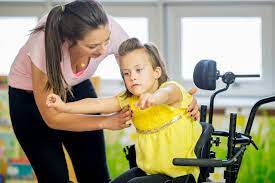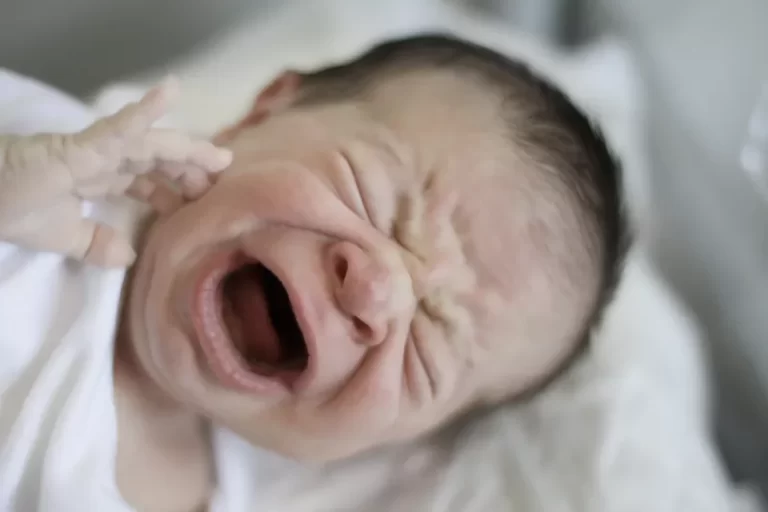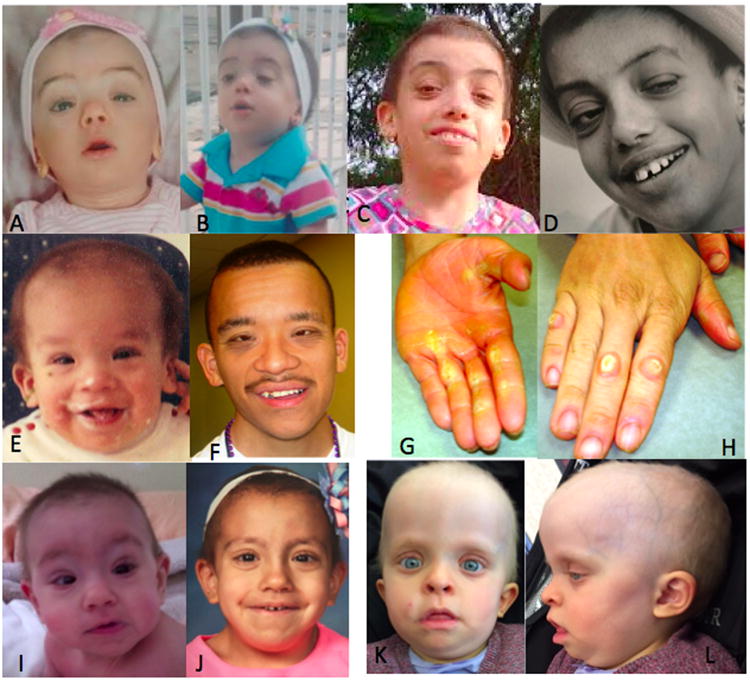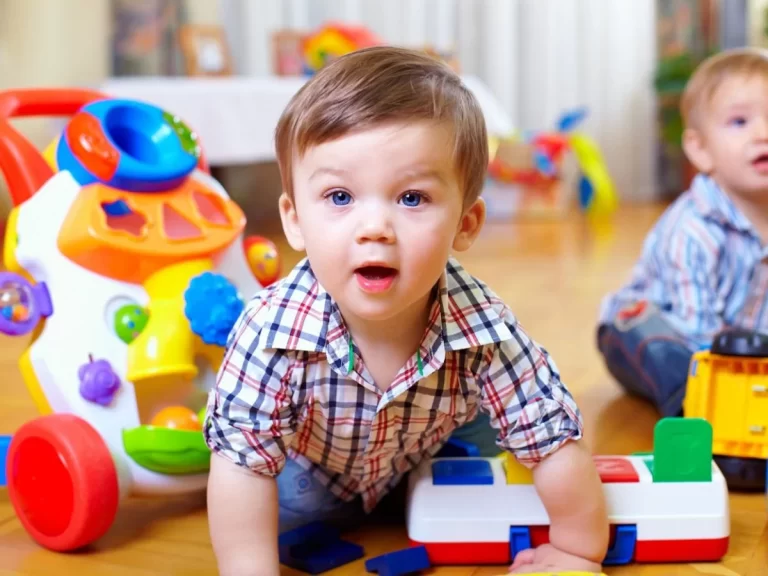Athetoid cerebral palsy | Dyskinetic cerebral palsy
What is Athetoid/Dyskinetic cerebral palsy? Athetoid cerebral palsy also called dyskinetic cerebral palsy, this is the second most common type. Intelligence is usually normal, yet muscle problems affect the whole body. Fragile or tight muscle tone causes random and uncontrolled body movements. The child will have difficulties walking, sitting, maintaining posture, and speaking clearly because…





